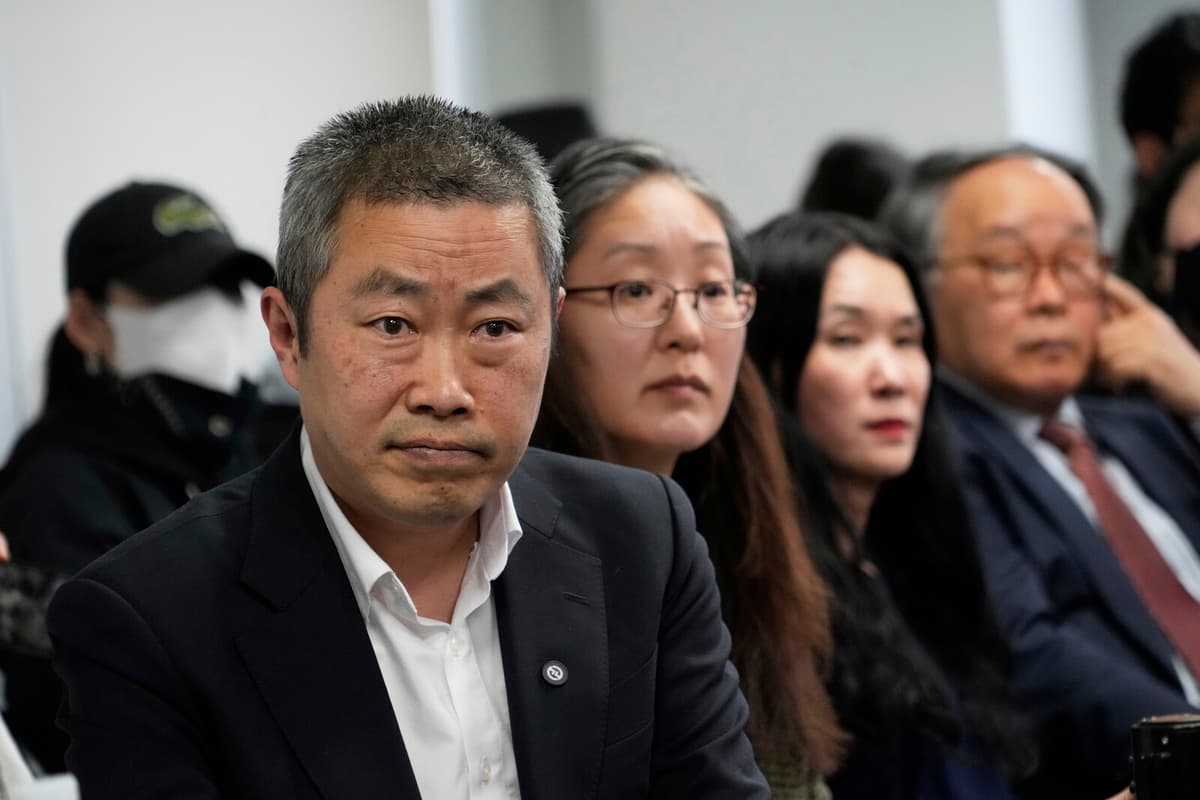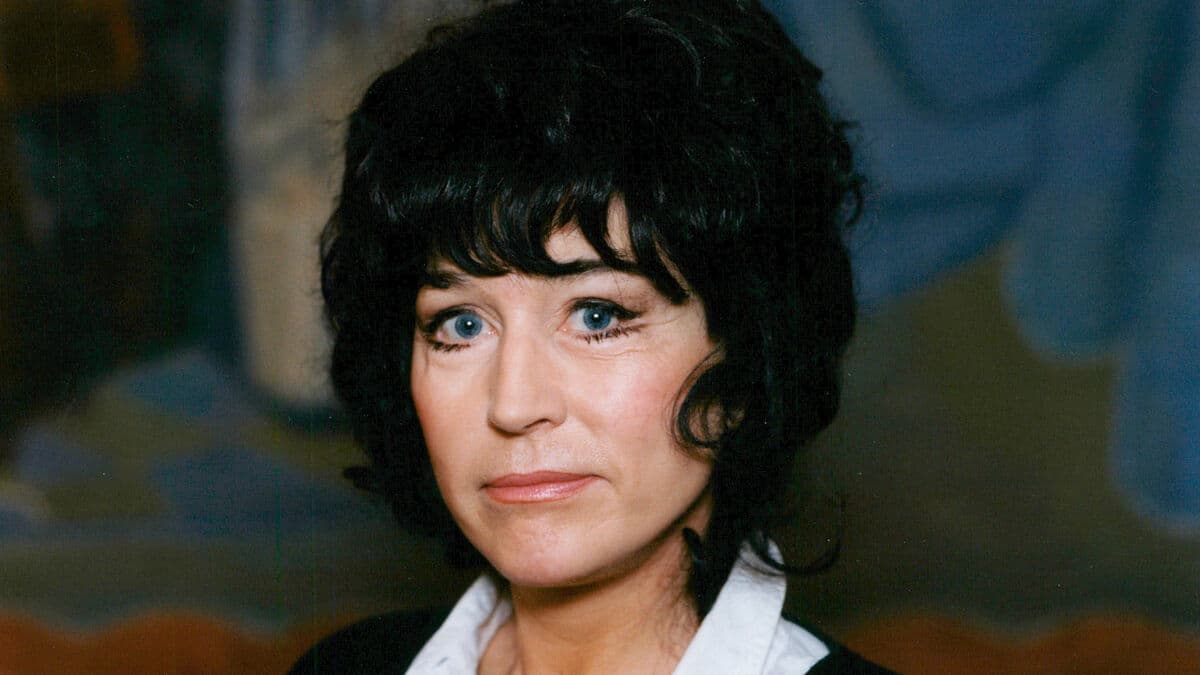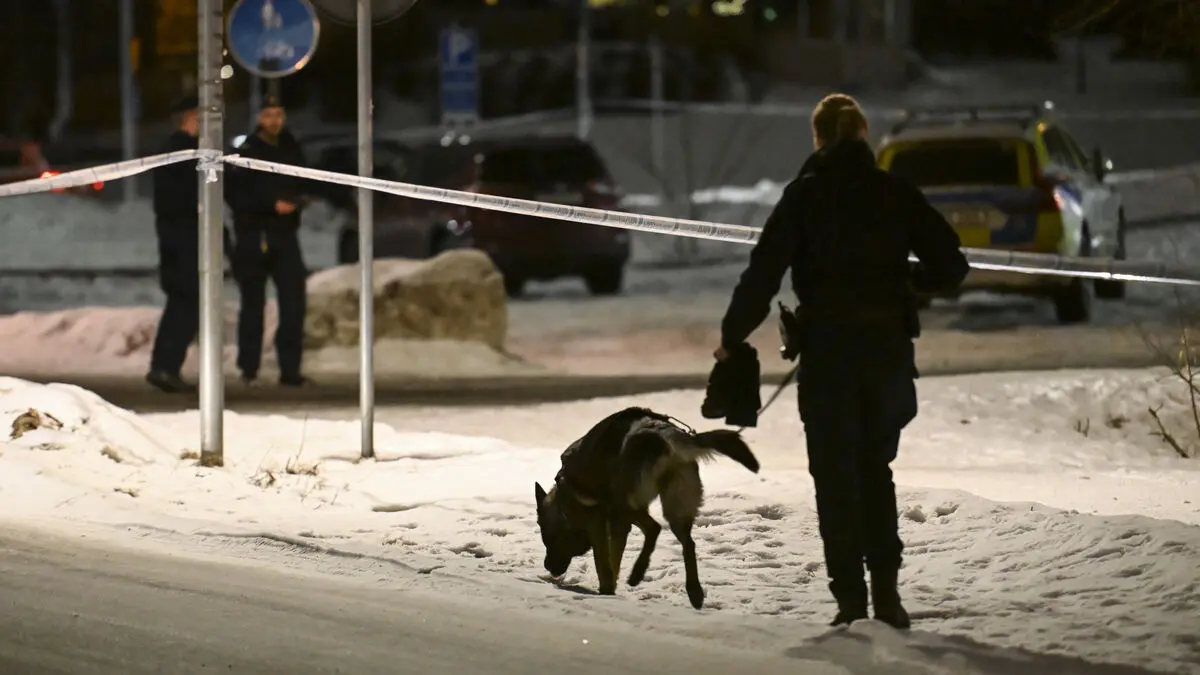The South Korean Truth and Reconciliation Commission has investigated 367 cases in eleven countries, including Sweden, over two and a half years. The complainants have claimed that their adoptions did not go through properly.
The Commission concludes that South Korea has handed over responsibility to adoption agencies without sufficient supervision for nearly 50 years. Many children were given false identities, and in cases where they were classified as orphans, no effort was made to find their relatives.
Neither was the suitability of the receiving parents investigated.
Even though many adoptees were lucky enough to grow up in loving families, others experienced difficulties and trauma as a result of the flawed adoption process, says Chairman Park Sun-Young.
"An Acknowledgement"
There are examples where children were kidnapped and then adopted out. Relatives who searched for them were told that it was confidential who they were adopted by.
They acknowledge that the entire adoption program was part of meeting a Western demand for children, says Hanna Johansson.
She is one of those behind the 21 Swedish complaints about adoptions not going through properly, which the Swedish Korea Adoptees Network is behind. She came to Sweden as an infant in 1976 and sees the report as an acknowledgement.
The report describes the entire adoption industry as a failure, and the government is urged to apologize, and the children who had their identities falsified should be compensated.
The Largest So Far
The investigation is the largest so far of South Korea's adoptions to foreign countries, most of which took place in the 1970s and 1980s. The investigation will continue until the end of May.
I hope that Korea will continue to discuss how their adoptions have gone, and that they will consider whether they really should open up for adoptions again, says Hanna Johansson and continues:
Then I hope that the Korean parents who had their children adopted out without consent will come forward now, and try to find their children.
A few years ago, investigations in Chile showed that children were taken from their parents and then adopted abroad, driven by economic interests.
This led, among other things, to the Swedish government setting up its own investigation in 2021. The so-called Adoption Commission is still ongoing, investigating possible irregularities in Sweden's international adoption activities and will propose any necessary changes. It will be presented on June 2.
After the Korean War, many orphaned children roamed the streets. South Korea saw adoptions to foreign countries as a cheap way to solve the problem.
At least 141,000 children were adopted abroad between 1955 and 1999.
The South Korean Truth and Reconciliation Commission has investigated how it went and concludes that "mass export of children" took place to meet the demand for children. Among other things, adoption agencies undertook to deliver a certain number of children per month.
Through the shortcomings, South Korea has violated both its own constitution and the UN Convention on the Rights of the Child.
Source: South Korean Truth and Reconciliation Commission






